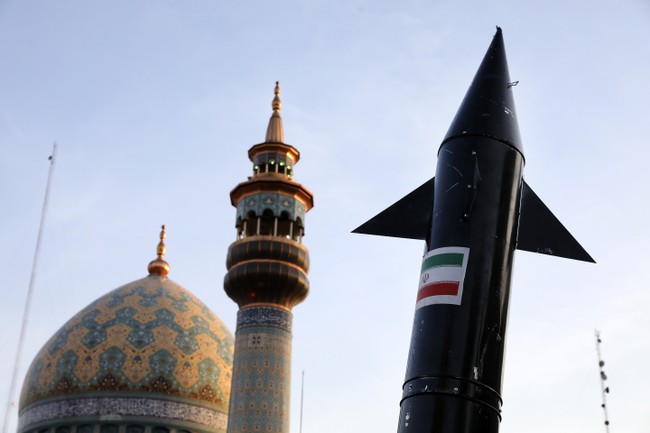
Ben Gurion Airport was shut down after a Houthi ballistic missile made it through air defenses and struck the perimeter. Situated near the center of Israel, the airport is a major international thoroughfare. Videos of the aftermath showed smoke billowing while people rushed for cover, not knowing if more strikes were on the way.
Serious incident in #Israel today. A #Houthis missile hit near the main terminal at Ben Gurion Airport. The Houthis would not be able to fire this missile with this precision without #Iran regime assistance. In recent months some Israeli officials have been calling for Israel to… pic.twitter.com/LvHJuwDprT
— Jason Brodsky (@JasonMBrodsky) May 4, 2025
🚨Missile hit in the center of Israel near Ben-Gurion airport https://t.co/VxIYVVnEHv pic.twitter.com/bxH6d3kDrl
— Raylan Givens (@JewishWarrior13) May 4, 2025
Yemeni Houthis took credit for the attack, which reportedly injured eight people. In response, Prime Minister Benjamin Netanyahu vowed a major escalation, saying they would strike back “sevenfold.”
Israeli Prime Minister Benjamin Netanyahu vowed retaliation for the attack Sunday and will participate in several defense meetings throughout the day. The missile reportedly evaded both Israeli and U.S. missile defenses, according to Israeli media.
“Whoever harms us, we will strike them sevenfold,” said Defense Minister Israel Katz.
While the Houthis launched the missile, which typically would have been successfully intercepted, there is no doubt that Iran enabled the attack. The Islamist rebels in Yemen simply do not have the capacity to produce advanced weaponry on their own, nor the intelligence necessary to deliver it accurately.
Case in point, Iran immediately publicized the attack, falsely claiming the missile hit the airport.
🚨Breaking News
Yemeni Missile Hits Ben Gurion Airport.
All flights canceled. pic.twitter.com/tiGNIHwLue
— Iran Military (@IRIran_Military) May 4, 2025
With the United States currently striking the Houthis, Israel is likely to rejoin the effort, seeking out launch and production facilities. But Iran remains the centerpiece that is continuing the cycle of violence, from Yemen to Gaza, to Lebanon, and I’d be lying if I said that was an easy problem to solve. Right now, Israel is playing wack-a-mole, hitting proxy after proxy while the nation funding, supplying, and directing those proxies remains largely insulated. That status quo is unsustainable.















